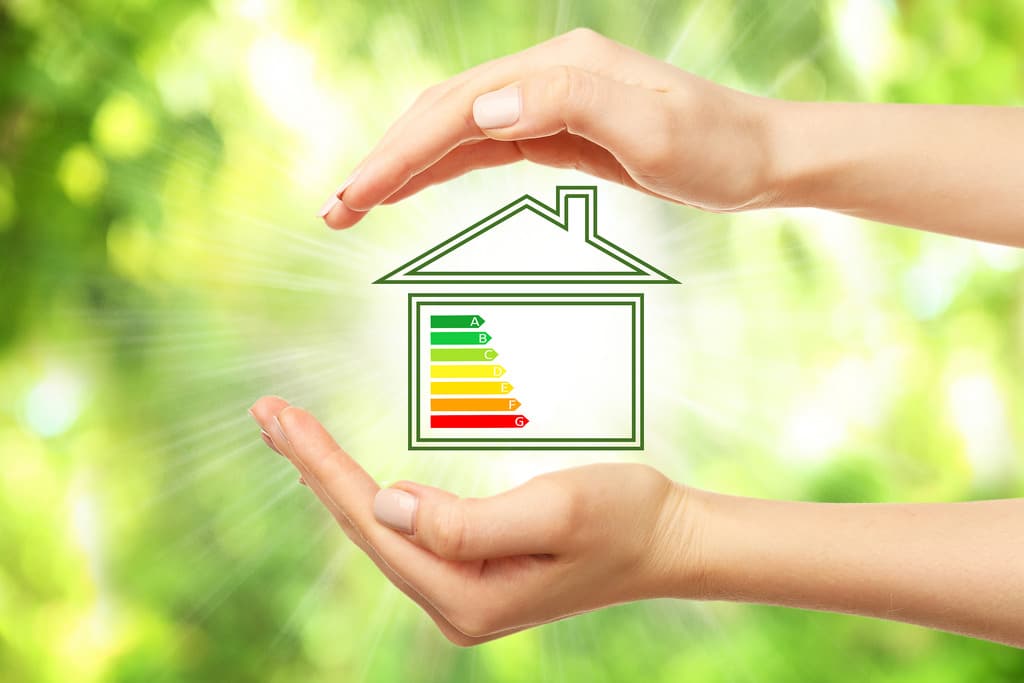As energy efficiency becomes more and more prevalent in society, you may notice the abbreviation SEER. This stands for Seasonal Energy Efficiency Ratio and relates to your HVAC system and a rating which expresses the cooling efficiency of your AC and heat pump in a typical season.
At ClearView Services, we work with home and business owners across Calgary to ensure your HVAC unit is in good working order. Part of this diagnosis comes from the SEER rating.
A SEER rating tells us so much more than just how efficient your HVAC system is running. It points out issues with your unit, reasons for rises in your energy bill, and more.
Here, we’ll talk a bit about the SEER rating, what it is, how it’s calculated, and why it matters.
Why Does SEER Matter for My HVAC System?
The SEER rating is a measurement of cooling efficiency, both for your AC unit and heat pump. The higher your rating, the more efficient your HVAC system. This is important because the more efficient your system is, the less you pay for:
- Monthly energy bills
- HVAC repairs
- Additional heating or cooling tools (fans, mobile heaters, etc.)
Having an HVAC system in good working order ensures comfort year-round. A high SEER rating is worth investing in.
How Does a SEER Rating Work?
The SEER rating measures HVAC efficiency based on temperature and other factors. You can compare this to the fuel efficiency of a vehicle. Maybe your SUV gets great fuel efficiency driving on a highway, but the rate lowers when idling.
Your HVAC system could have higher cooling efficiency in the late spring and early autumn compared to summer and winter. It works harder during hot and cold months and therefore takes longer to cool down, reducing efficiency.
What is a Good SEER Rating?
There is no typical SEER rating for a well-maintained HVAC system. It depends entirely on your system and can range anywhere between 13-21. Some of the factors to consider when you choose a unit and SEER rating include:
- Home size
- Type of ductwork
- Local climate
There’s nothing wrong with having a 14 rating if you live in a small one-bedroom apartment and don’t use AC or heat often. Similarly, it might be worthwhile to purchase a system with an 18 rating or above if you live in a large home and run the unit regularly.
Does the SEER Rating Change with Use?
Unfortunately, even the most efficient HVAC systems with SEER ratings of 14 and above will deplete over time. Efficiency depends on various factors, including:
- Age
- General wear and tear
- Regular maintenance
- Use of stock parts during repair
- Regular cleaning
When your HVAC system is damaged or filters get clogged, it works harder. When the system works harder, it takes longer to cool. This limits the overall efficiency, even if you have a unit that was once top of the line.
Locating Your HVAC SEER Rating
One of the questions we frequently get at ClearView Services is how to find the SEER rating on a unit. New systems come with an energy guide sticker. Usually, this is a yellow and black sticker with a SEER number.
Older machines or resale units might have the specs in another area. Whatever the case, the SEER rating resembles a product number. It might start with AC## followed by dashes and numbers. The number following XC is generally the SEER rating.
Replacement units might include the SEER rating on a building permit, sales slip, or other documentation. If you know the year, make and model of your unit, you can also contact the manufacturer directly.
Contact ClearView Services to Learn More
If you live in Calgary and are looking for the best SEER-rated HVAC system for your home, ClearView Services is here to help. Our experienced staff are constantly watching the changes and evolution in HVAC technology. We can help you break down the differences in each unit and SEER rating and how they might benefit your home.
Being a local business, it’s important to us that our clients receive an honest and custom assessment for SEER ratings. It’s better to have a rating that fits your home and lifestyle than spend extra you don’t need to spend.
Call or visit us online today for a diagnosis of your HVAC system and SEER rating.






